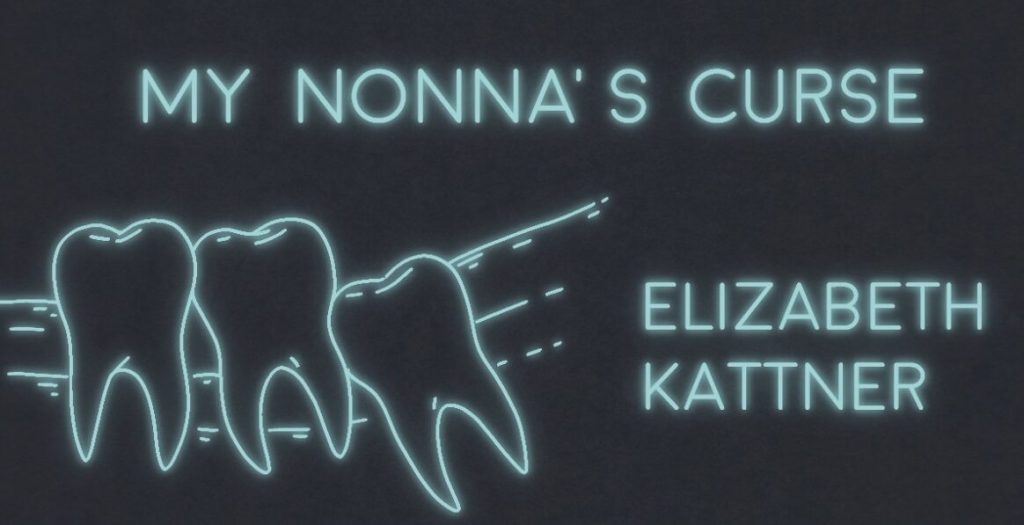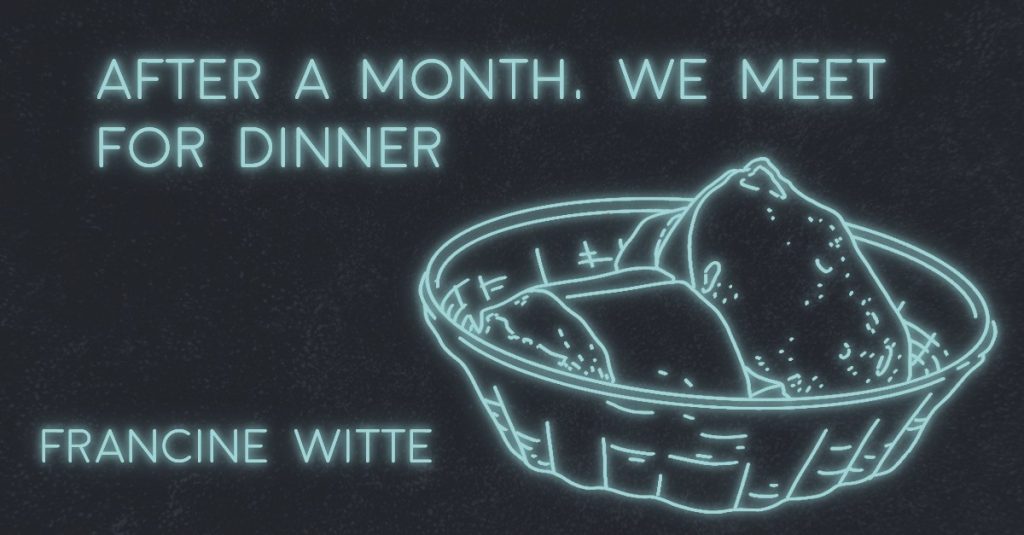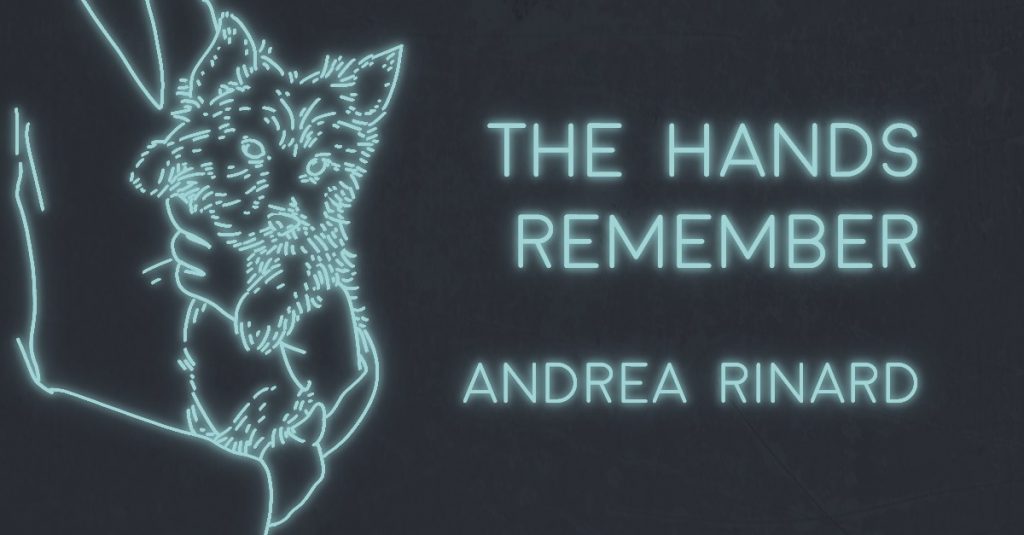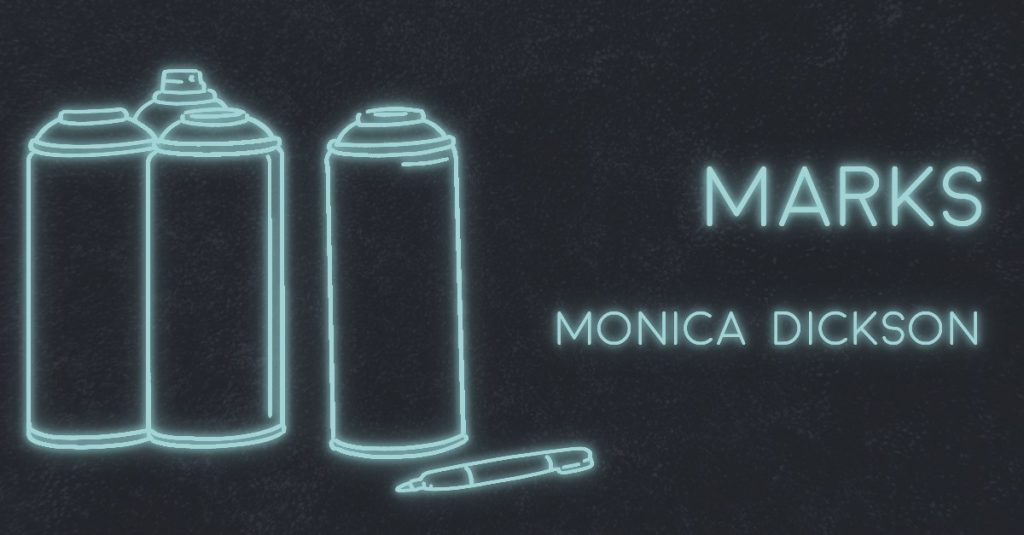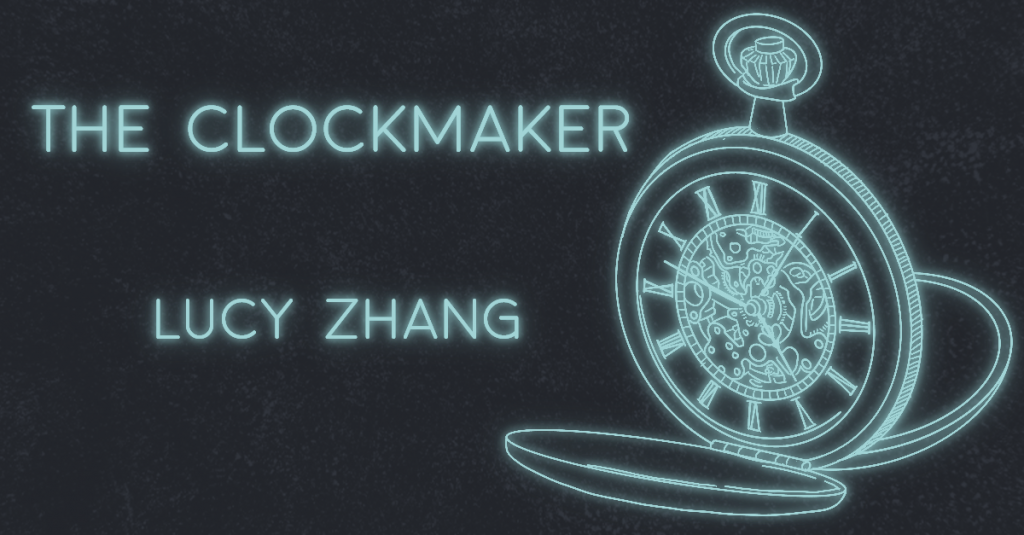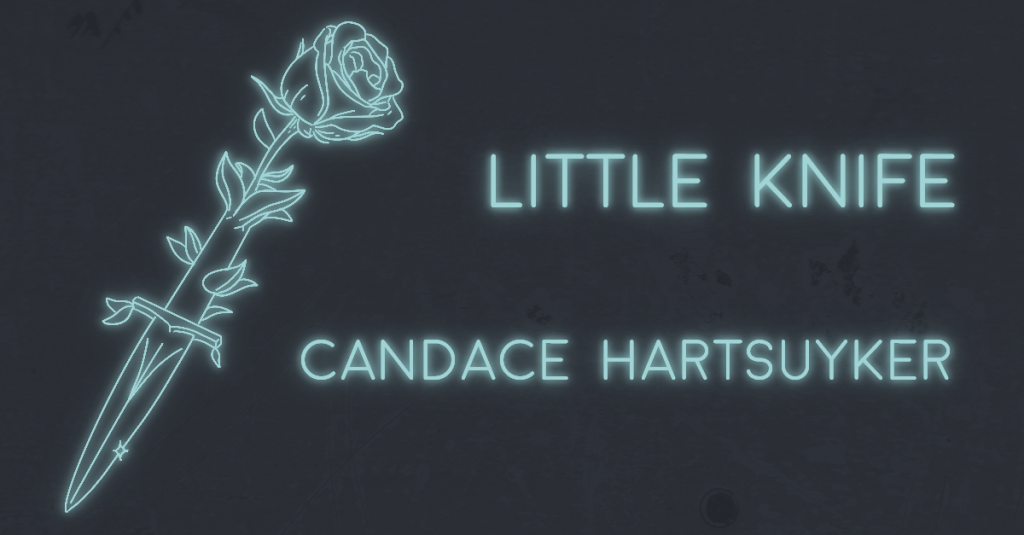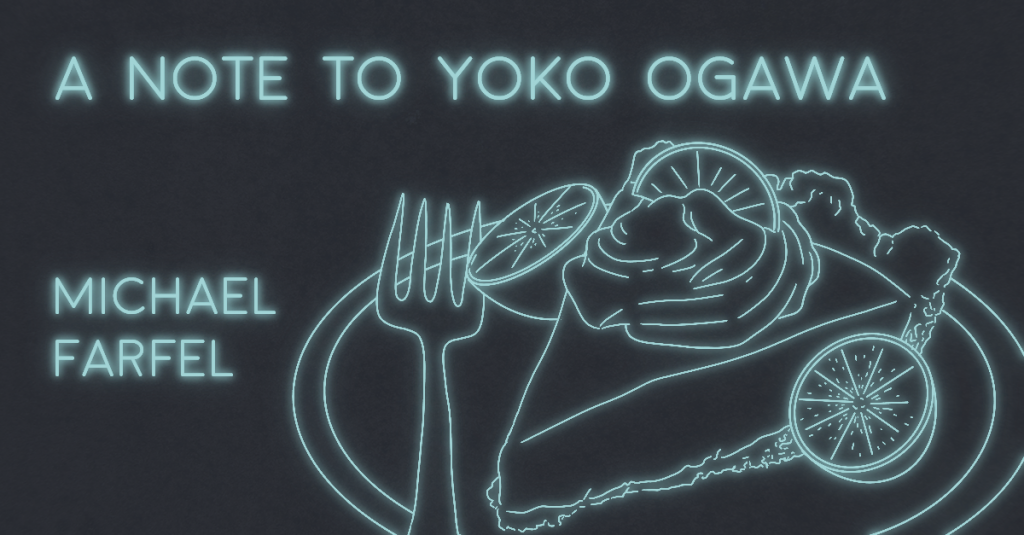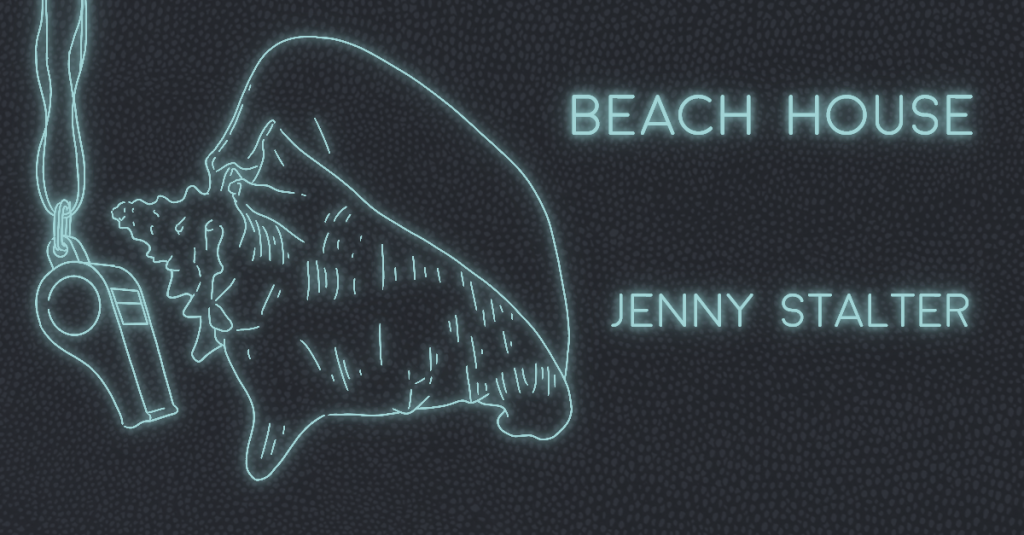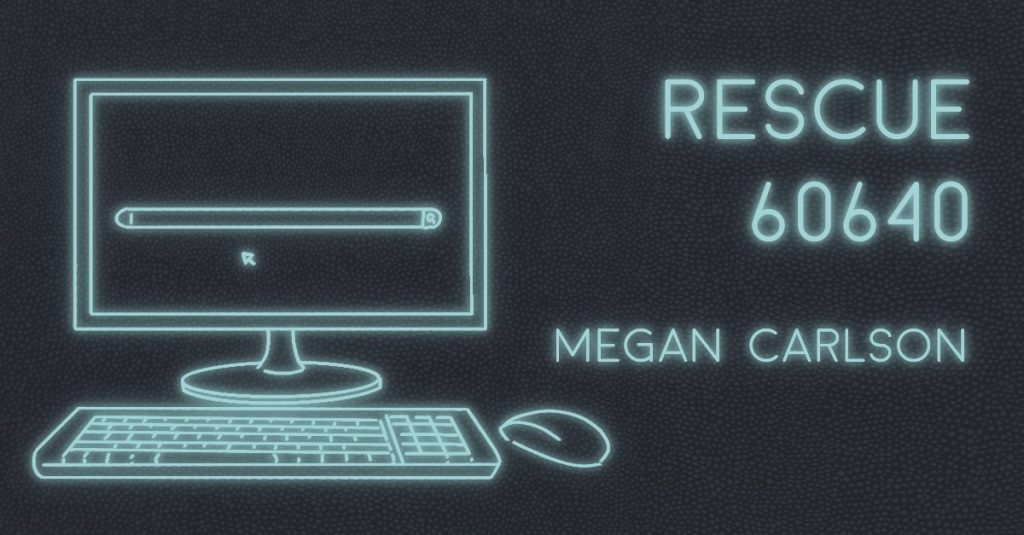
RESCUE 60640 by Megan Carlson
Google Search History (retrieved 11/14/2019) How to get salt stain out of Uggs How to make friends How to make friends in your 30s 60640 coffee shop weather Chicago 60640 coffee shop NOT starbucks negative effects of caffeine alternatives to caffeine benefits of chamomile Making friends at coffee shop how to talk to strangers how to be less awkward how to be less intense with new people be less intense be less am I too much quiz liquor store 60640 husband distant my husband is distant what do I do emotional connection in relationship emotional connection in relationship importance Instacart…

